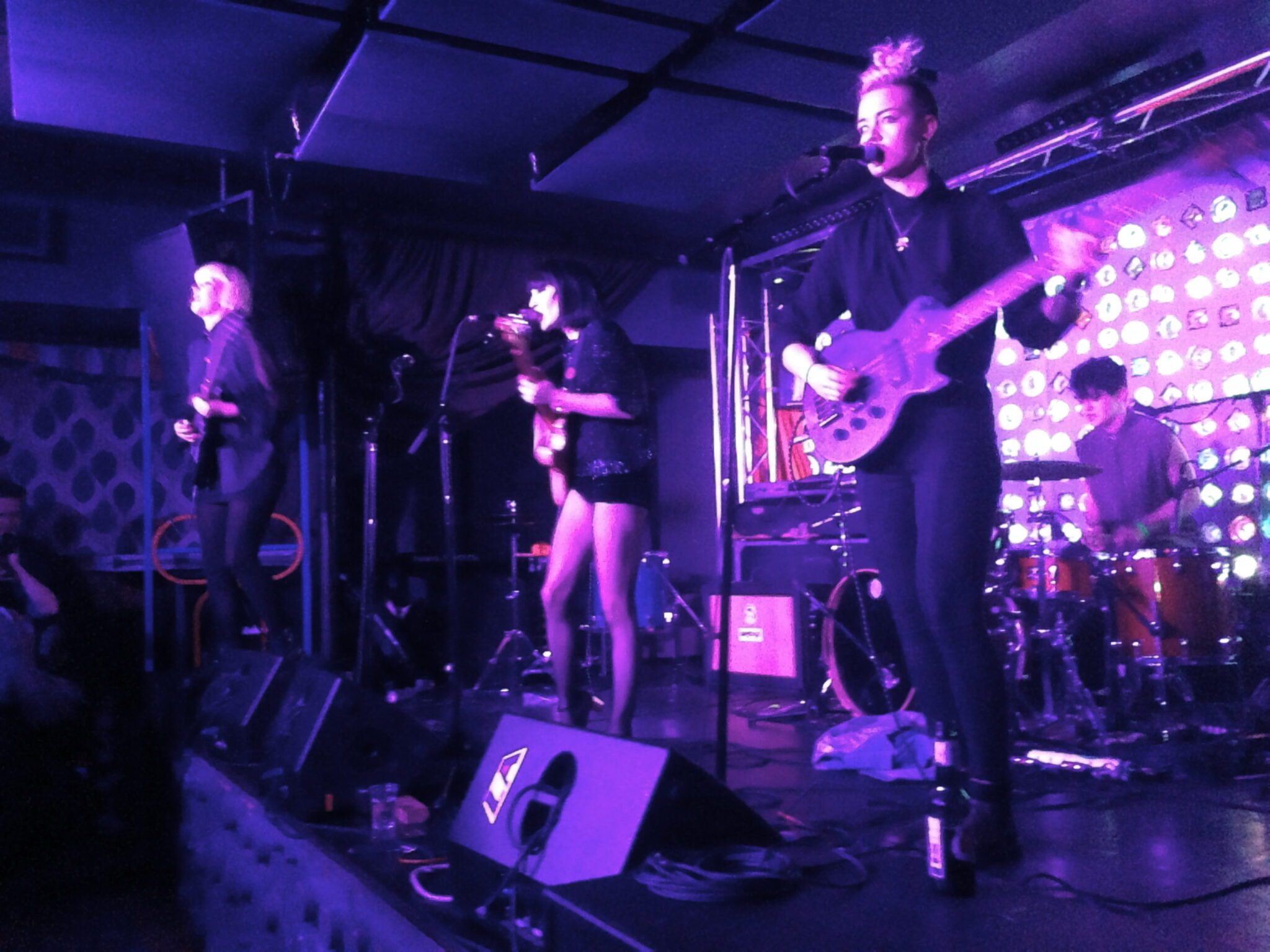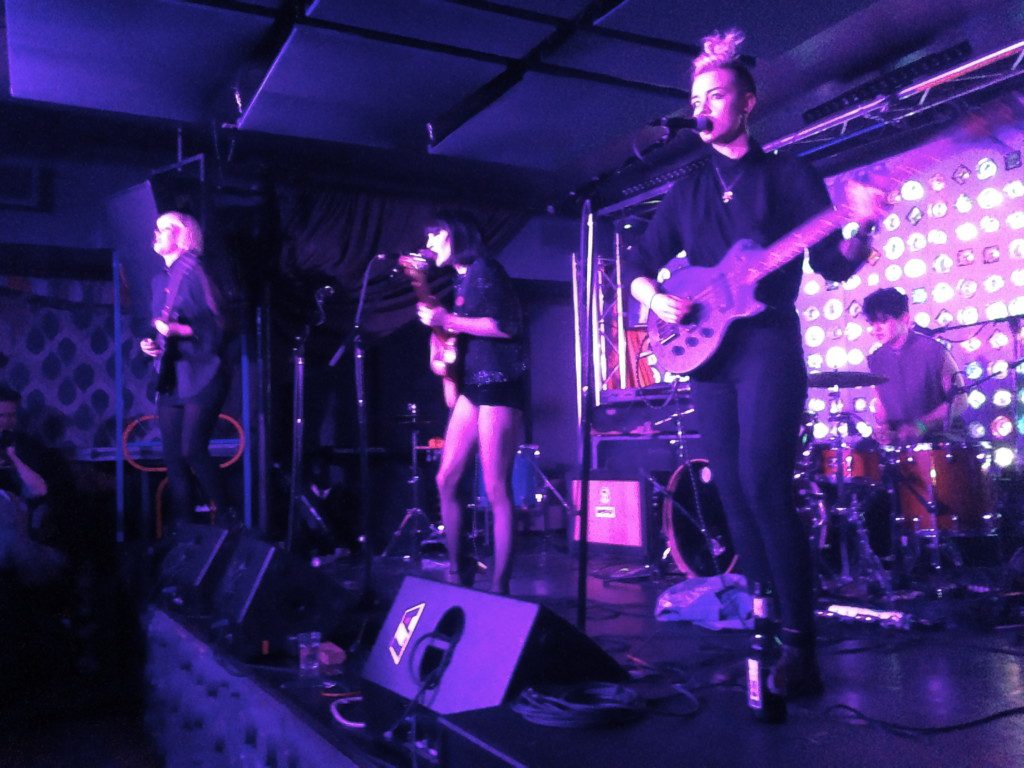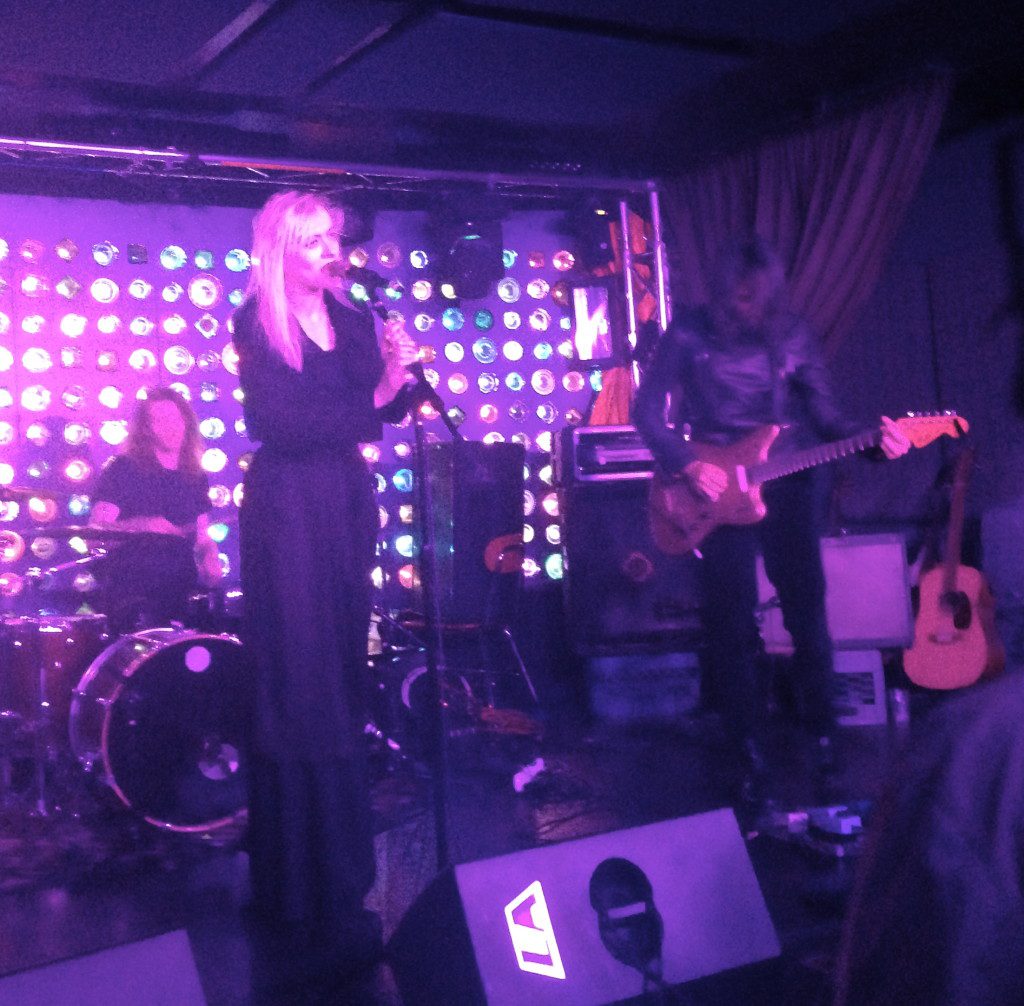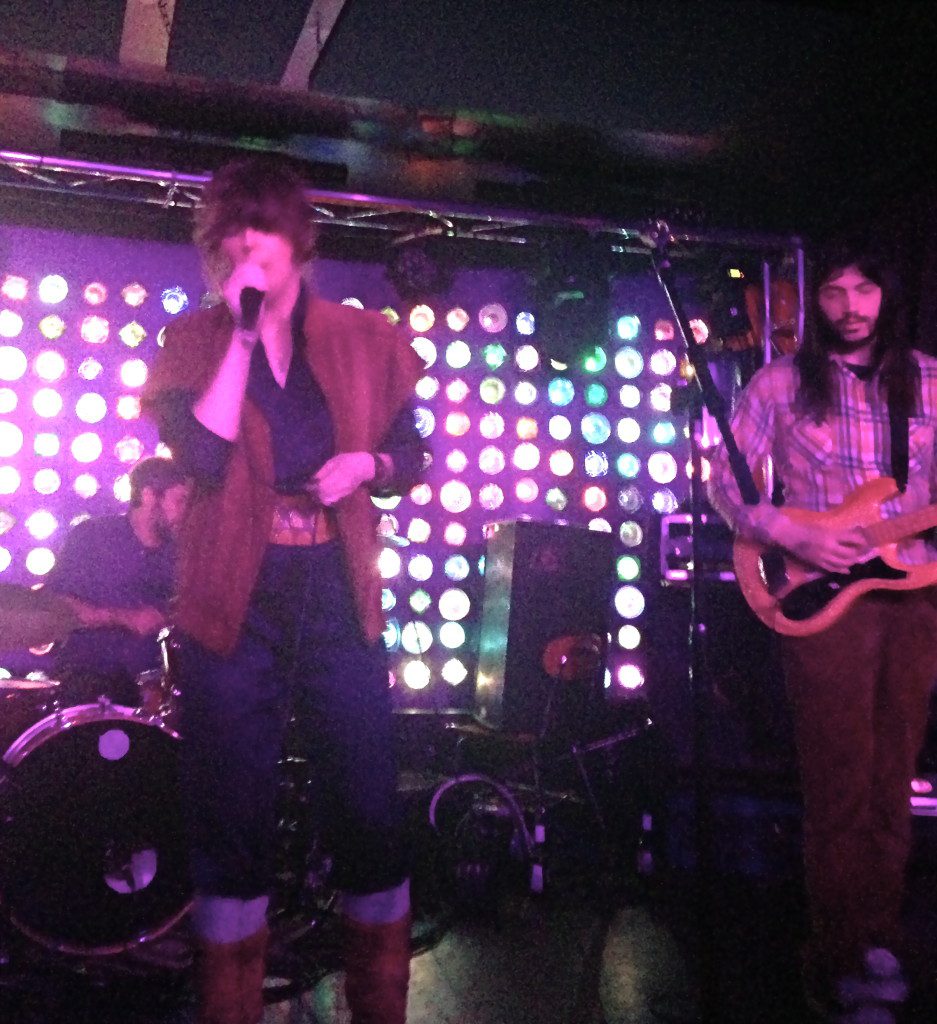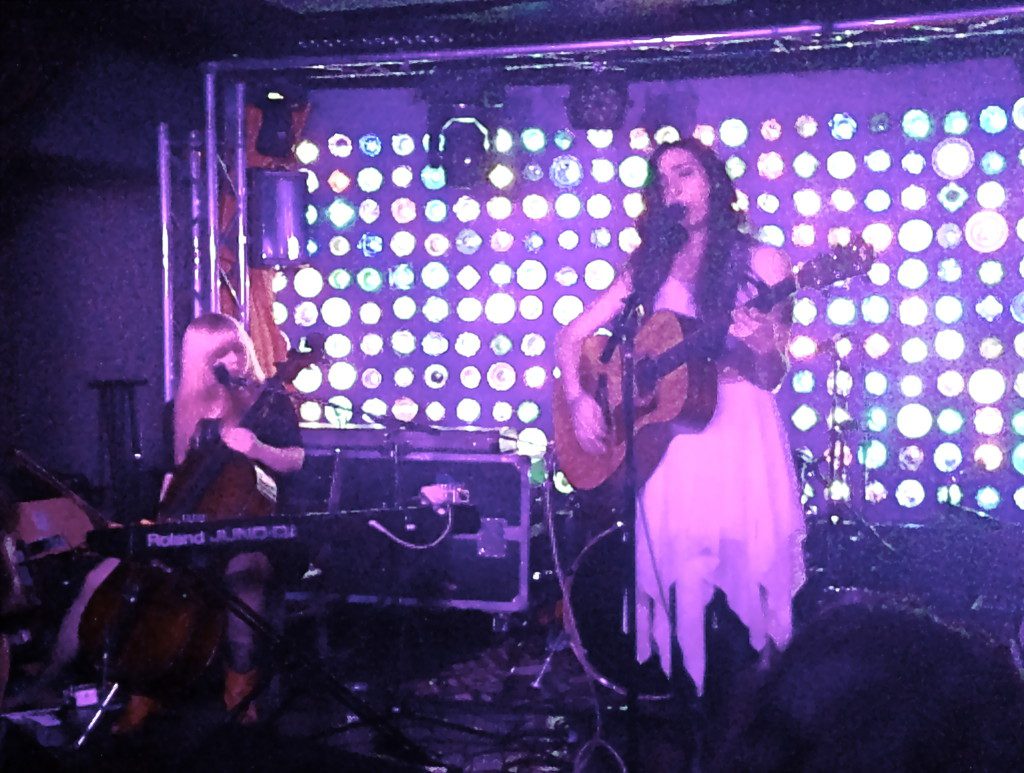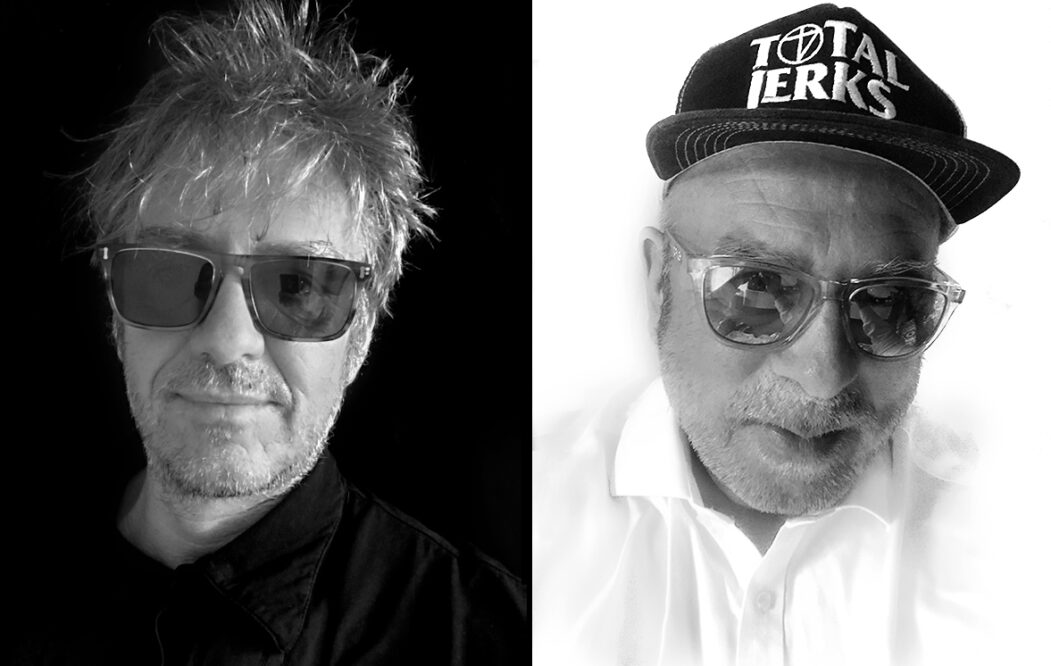
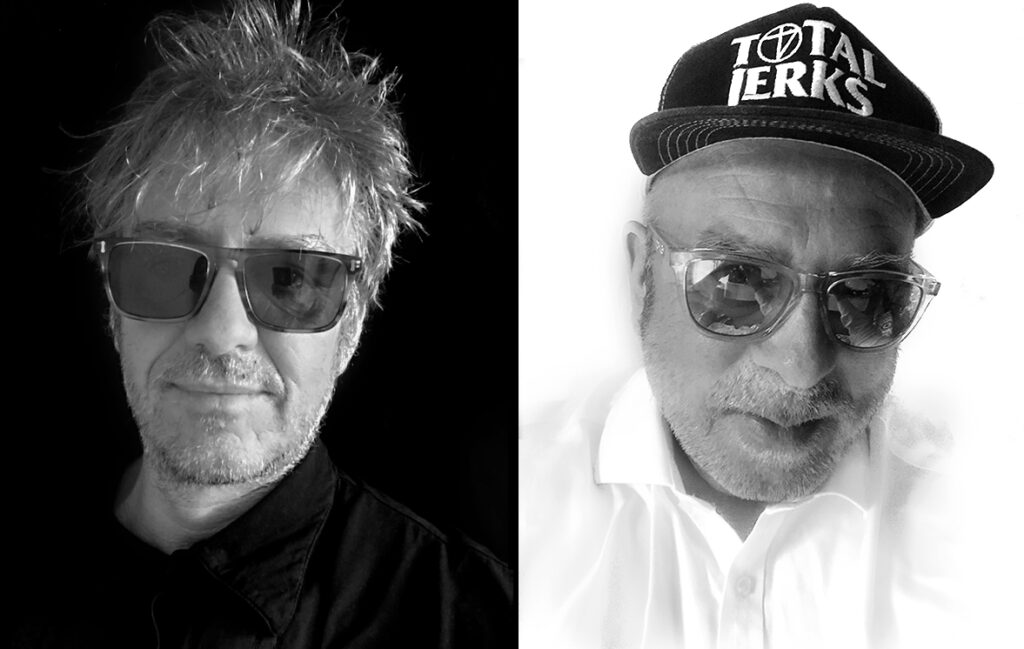
When we met on a recent video call, Simon Raymonde was in the studio he built in his garden just a few years ago. “It’s my happy place, really,” he says. “It’s a real treat to me to have this place, to be able to come in here and actually make music.”
Initially, Raymonde was best known as a musician – the longtime bassist for Cocteau Twins, who played on albums like 1986’s The Pink Opaque, 1988’s Blue Bell Knoll and 1990’s Heaven or Las Vegas. Following their split, Raymonde continued to make music here and there, but much of his energy went into his label, Bella Union. Since 1997, the indie label has amassed a roster of critically acclaimed artists, releasing music from the likes of Beach House, Father John Misty, Spiritualized, and The Flaming Lips.
In recent years, though, Raymonde struck a balance between musician life and label life. He teamed up with drummer Richie Thomas, who had been part of Dif Juz and toured with Jesus and Mary Chain, Felt and Cocteau Twins, to form Lost Horizons. They released debut album, Ojalá, in 2017 and the first half of sophomore effort, In Quiet Moments, last December. The second part of the album is out today, February 26.
For Raymonde, the music that he creates now in his studio doesn’t necessarily have to be for a project. It can be music that exists solely for himself. “I can’t believe I wasted so much time not making music and missing it so much,” he says, “but now I’m happy.”
Several years ago, when Raymonde was preparing for Bella Union’s 20th anniversary, something was amiss. “I guess I should have been feeling really happy with, proud of, the achievement of making it this far, which I am and was,” he says. After some thought, he realized that it was because he wasn’t making music all that often.
“I just think I was not managing my time right,” he says. Raymonde also had a change of scenery. After growing frustrated with life in London, he moved to Brighton in 2012. He and his wife now live just outside of the city, where he can see the sea from his window and take his Labrador for walks along the beach twice a day. It’s been a major quality-of-life improvement, he says.
He says too that he had a “mental block” related to the dissolution of Cocteau Twins. “I needed to grieve that, I think, better than I had,” Raymonde admits. “Once I worked out why that was, I asked myself, ‘What are you going to do?'” Raymonde had wanted to work with Thomas. “I adore his style of playing and I thought it would be fun and I just wanted to have fun, to be honest with you. I didn’t really ever think, ‘I need to make a record.'”
Lost Horizons’ songs begin with jam sessions between Raymonde and Thomas. From there, Raymonde will tinker with the arrangements and incorporate additional instruments in his studio. Once the instrumentals are at least roughly finished, he’ll start looking for the appropriate guest vocalist. “You’ve got to think about what’s right for this tune,” he says, “and that part of it I really, really, really love.”
In Quiet Moments clocks in at one hour, 14 minutes, and it’s an eclectic album, stylistically ranging from the groovy title track to the ethereal “Every Beat That Passed,” with Swedish singer Kavi Kwai on vocals, to the dark, noisy rock of “One For Regret,” featuring British band Porridge Radio. Each of the 16 tracks features a different vocalist, including John Grant, Marissa Nadler, Karen Peris of Innocence Mission and many more.
The length and breadth of the album is why it was initially released in two parts. Raymonde explains that a traditional campaign might have confused potential listeners. “I thought the idea of spreading the whole thing out a bit over a longer period, and releasing a lot more tracks during the build up, would give people more of a clue as to what was going,” he says. “Splitting it into two parts was a way of achieving that, so at least people have something at Christmas time to listen to online in one place and then they get everything at the end of February with a full vinyl release.”
One of the standouts is the title track, which features vocals from veteran soul singer Ural Thomas, who had performed with such artists as James Brown and Otis Redding, and now leads Portland-based soul band Ural Thomas & the Pain. Ural Thomas’s collaborators “started sending me bits and pieces of demos of [his] tracks” Raymonde says, and he fell for the music. Meanwhile, he was sitting with a mellow, contemplative instrumental that he and Richie Thomas had recorded for Lost Horizons; it needed a vocal that would add soul and mystery, and “all I could think about was Ural Thomas,” he says. Raymonde reached out to see if there was interest in a collaboration, and of course, the rest is history. “That came so organically and out of the blue,” says Raymonde.
It was the kind of serendipitous collaboration that reflects the balance Raymonde strikes between his A&R ear and his skill as a musician and producer. Says Raymonde, “I’ve been incredibly lucky and very grateful with all the contributions, because it would just be 16 instrumentals without them.”
Follow Lost Horizons on Facebook, Twitter, and Instagram for ongoing updates.

